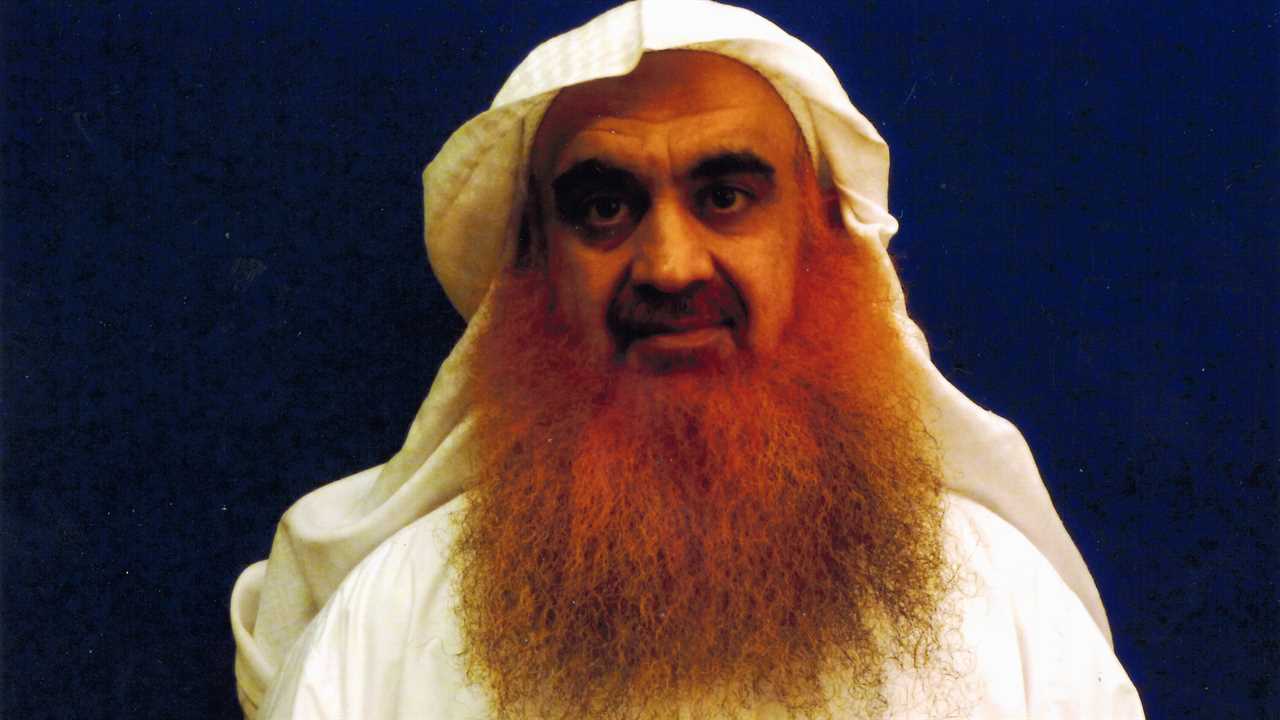
GUANTÁNAMO BAY, Cuba — It was supposed to be a hearing intended to get the case against the five men accused of plotting the Sept. 11 attacks back on track after a long delay caused by the coronavirus pandemic.
Instead, it turned into another example of how legal maneuvering and a changing cast of characters continue to slow the process of trying the defendants 20 years after the horrific events that the prosecution says they helped set in motion.
Guards led the five men, including Khalid Shaikh Mohammed, who is accused of being the mastermind of the plot, into the courtroom on Tuesday for the first time since the pandemic put a halt to the pretrial proceedings.
A lawyer for Mr. Mohammed had just begun to question the new judge, Col. Matthew N. McCall, about the circumstances of his assignment to the case when a prosecutor, Clayton G. Trivett Jr., announced that the U.S. Court of Military Commission Review had issued a 23-page ruling on a challenge to the military commission judge selection process.
Colonel McCall then recessed the hearing until Wednesday to give the lawyers the rest of the day to review the decision.
The delay appears likely to be brief. Even so, the morning’s developments showed how difficult it is to get the proceedings moving. Plans to begin the trial this year have long since been shelved, with the aim now to begin in 2022 at the earliest.
Mr. Mohammed looked much as he did at his last court appearance in February 2020. He removed a face mask to reveal an orange-dyed beard and chatted amiably with some of those accused of being his accomplices. Soldiers in battle dress stood guard nearby in black masks and plastic face shields in adherence to strict protocols to safeguard the residents of the remote base from the virus.
This week’s hearings were preliminary in nature, but they took on significance because of the timing. Colonel McCall is holding his first hearings in the case on the eve of the 20th anniversary of the attacks and after a 19-month break in pretrial hearings. The previous judge abruptly retired from service at the start of the pandemic and prosecutors had struggled for more than a year to get virus protections in place and a judge assigned to get the hearings restarted.
More than a year of testimony and legal arguments have been postponed in pretrial preparation, notably in the defense teams’ effort to get key evidence excluded. The defense argues the evidence is tainted by the C.I.A.’s torture of the prisoners during their three and four years of incommunicado detention before their transfer to Guantánamo Bay over Labor Day weekend in 2006.
Colonel McCall’s ambitions for the week were modest: Allow lawyers to question him about his background to see if any of his relationships and experience might constitute conflicts or bias, and then meet separately with defense lawyers and prosecutors about classified information.
But in its ruling about the judge selection process, the Pentagon appeals panel nullified some of Colonel McCall’s earliest administrative decisions and orders in the Sept. 11 proceedings, finding that, when he issued them, during his first two months on the case in late 2020, he was too inexperienced to preside in a military commission.
Colonel McCall had been removed from the case in December after prosecutors protested. He had not yet served for two years as a military judge, a prerequisite for a judge at the war court. He was reinstated last month.
In the interim, the chief judge, Col. Douglas K. Watkins, failed in a behind the scenes effort to obtain waiver authority from the Pentagon and then handled the case himself — prompting defense lawyers to challenge months of administrative decisions by both judges.
Much has changed since the last session in the death penalty case that accuses Mr. Mohammed, his nephew and three other men of conspiring with the hijackers who killed nearly 3,000 people in New York, Pennsylvania and at the Pentagon.
The chief prosecutor, Brig. Gen. Mark S. Martins, who had been on the case since the arraignment of the defendants in May 2012, is retiring from the Army and was absent from the courtroom, leaving only civilian lawyers representing the prosecution, a first in the history of the case.
The judge required that everyone in the courtroom wear masks but granted himself an exception so that lawyers asking him about his credentials and qualifications could see his reactions to their questions. Four of the five defendants ignored the instruction and took off their masks so that they could see one another as they chatted, possibly for their first encounters since the start of the pandemic because they are spread across two different maximum-security cell blocks.
Only the Saudi defendant, Mustafa al-Hawsawi, kept his N95 mask on consistently throughout the morning session. His lawyers say he has suffered chronic health problems resulting from rectal abuse during his C.I.A. detention. Tuesday he not only carried a pillow to court to make sitting less painful, but guards also provided him with a padded rehabilitation chair in court, to which he added the pillow.
The beards of the two youngest defendants in the case, both in their mid-40s, became streaked with gray during the pandemic.
Did you miss our previous article...
https://trendinginthenews.com/usa-politics/calling-code-red-on-climate-biden-pushes-for-infrastructure-plan






